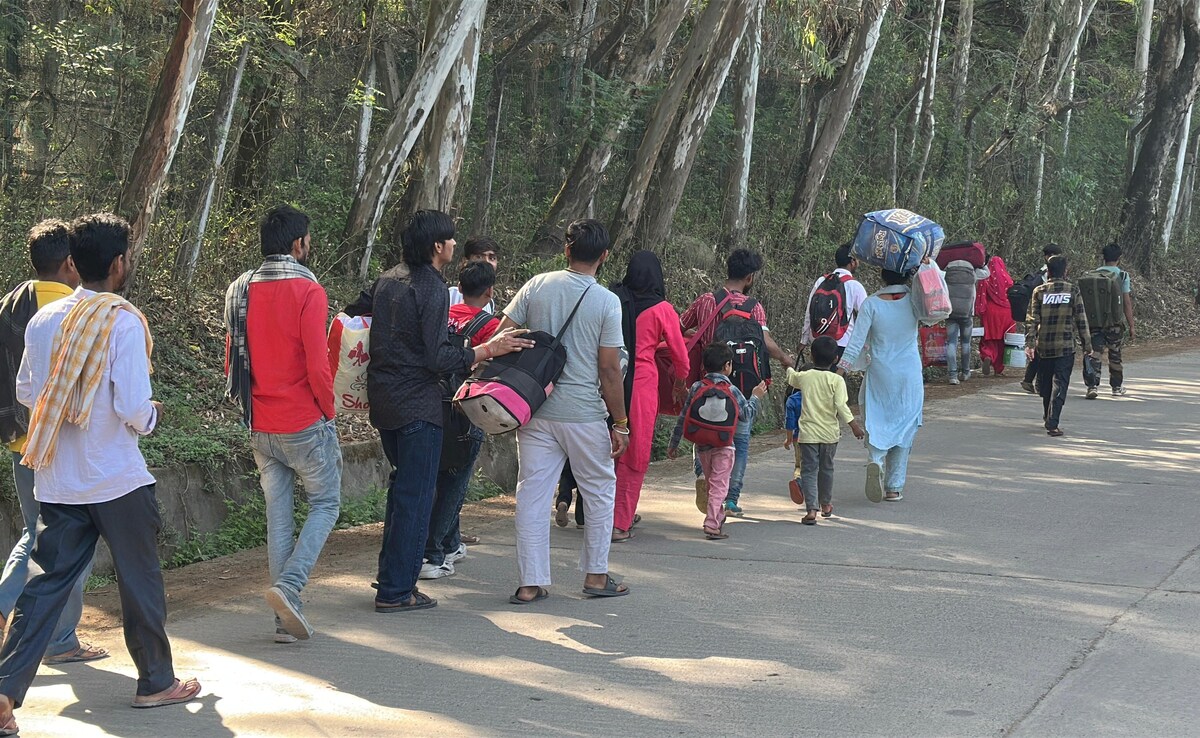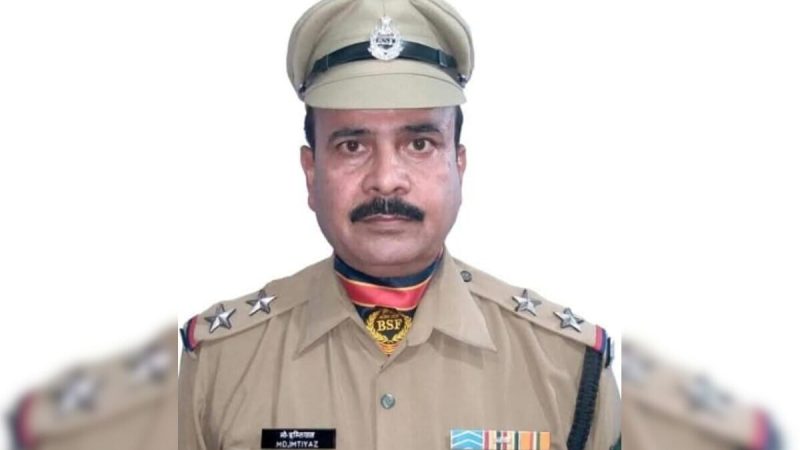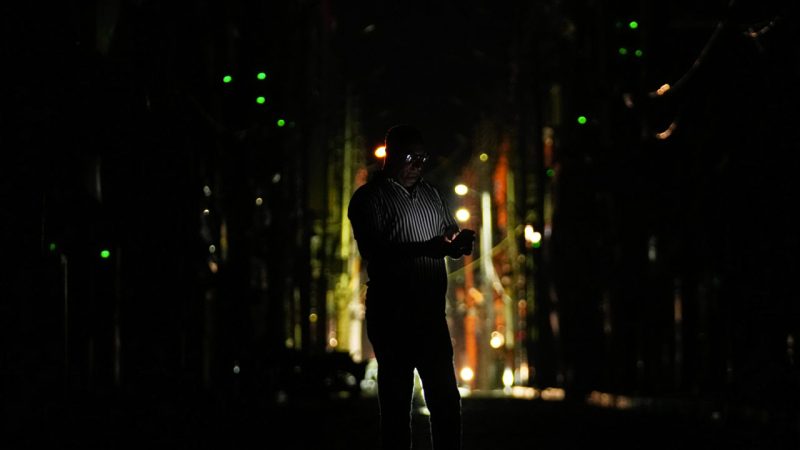Blog: Reporter's Diary: "We Only Want To Live" – Silent Exodus From Rajouri

As a reporter, I have covered conflict before. I have walked the fragile line that divides calm from chaos in different conflict zones. But what I witnessed in Rajouri, Jammu and Kashmir, over the past few days, has stayed with me – not the sound of gunfire, but the silence of an exodus.
These migrant workers told me Rajouri’s mornings usually echo with the clang of iron rods, the thud of bricks, the banter of people building homes brick by brick. But this time, the rhythm was broken. What filled the air instead was fear, raw and heavy.
The Line of Control is always tense, but lately, cross-border firing from Pakistan has been relentless – shells piercing the calm of villages in Rajouri and Poonch. These border areas have always been on edge, but what I saw now was different.
I saw people running. Quietly. Quickly. Without a plan. Not from their own homes, but from temporary ones built by labour and hope.
At Jawahar Nagar, where hundreds of labourers from Bihar and Bengal live and work, the exodus began at dawn.
I met Mohammad Intekhab Alam, a mason from Bengal. He walked with a torn bag, dragging his belongings behind him like a shadow. His eyes were bloodshot, not from the dust but from sleepless nights and panic. “My parents keep calling me, crying. Telling me, ‘Just save your life, son. You can earn later’,” he said, his throat catching on the words.

A few steps ahead, Mohammad Salik cradled his young daughter. He had packed nothing but his child. “What will you do next?” I asked. “We haven’t thought. We just have to get out,” he replied, his voice breaking. “We only want to live.”
That was the phrase I heard over and over again-“We only want to live.”
Dilbar Alam, from Kishanganj in Bihar, stood near a locked shop with his co-workers. “We came to work… now we’re running for our lives,” he said, offering a weak smile. He had just begun settling in-knew where to get chai (tea), where the local contractor waited every morning. All that now seems like another lifetime. Today, he is unlearning the land.
Kishan, another worker, hadn’t even decided how he’d leave. “If we get a vehicle ahead, we’ll take it. Otherwise, we’ll walk,” he said. “We just need to get out.”
That’s the thing about fear. It doesn’t give you time to plan. It only tells you to run.
Mohammad Zahiruddin looked towards the hills, where smoke from shelling still lingered. “This is my first time in Kashmir… and the first time I’ve ever felt so afraid,” he told me. “Every day there’s shelling. I just want to survive.”
I’ve seen and heard much during my years in reporting. But these voices-shaken, humble, helpless-felt different. They didn’t come here looking for a fight. They came looking for a future.
Now they leave with no money, no plan-just an overwhelming will to stay alive.

The administration says it’s setting up shelters, patrolling roads, and offering protection. But fear doesn’t wait for reassurance. Fear arrives in the middle of the night with the sound of mortars. It settles deep in the eyes of children who don’t understand why their toys remain unpacked. It rests in the silence of grown men who’ve built homes for others, but now have none for themselves.
This isn’t just a story about ceasefire violations, it’s about people who helped build Kashmir’s homes, now disappearing from its landscape, leaving behind nothing but an echo of their one shared prayer: “We only want to live.”
(Anurag Dwary is a Resident Editor, NDTV)
Disclaimer: These are the personal opinions of the author






